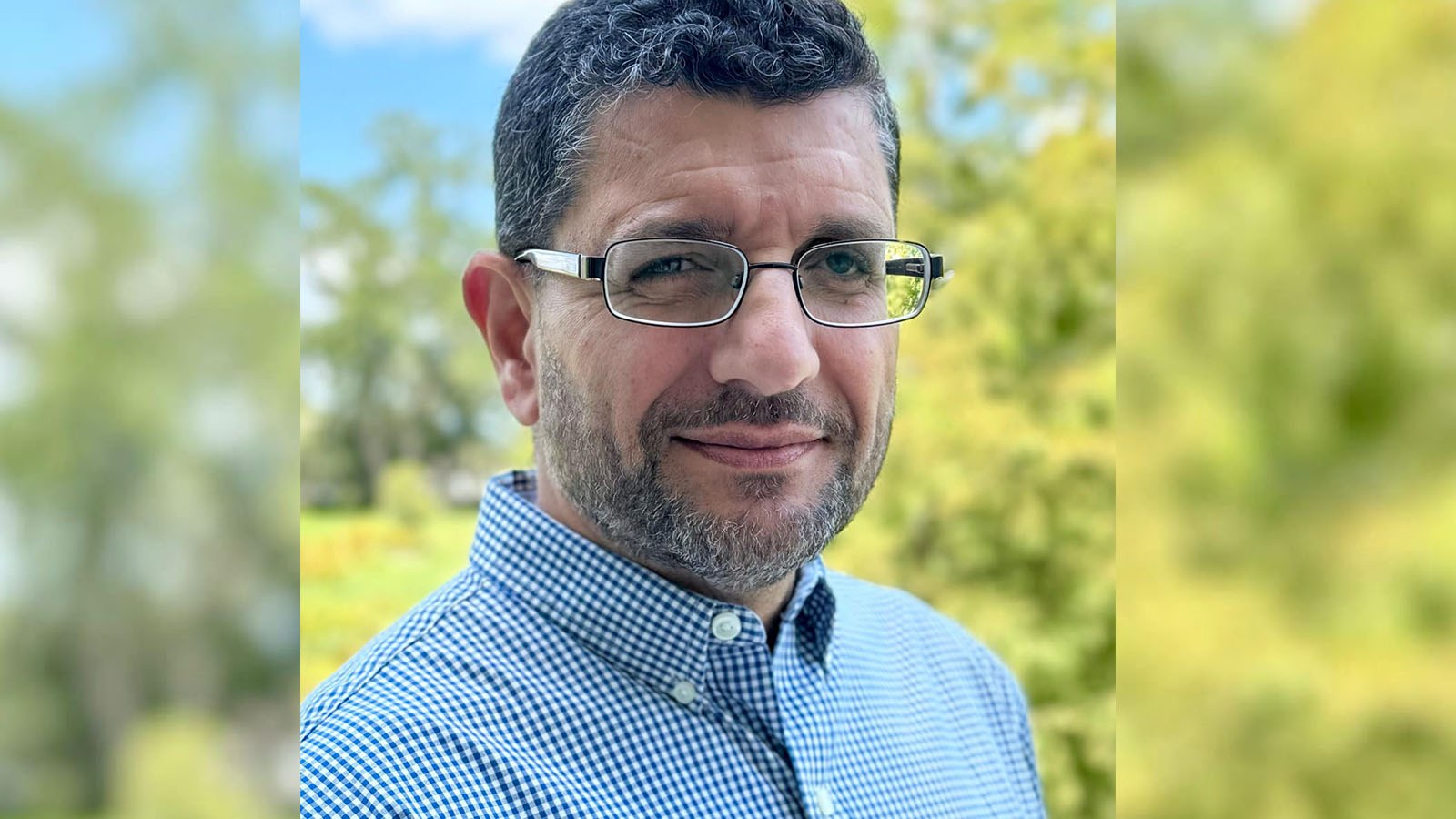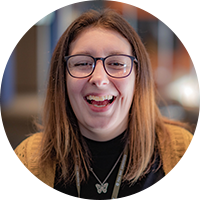Full Sail Stories
Published May 08, 2025
Faculty Spotlight: Ali Noureddine (Business Intelligence)
Ali Noureddine guides students through the intricacies of data management in his courses, Enterprise Data Management and Patterns and Recognitions.

“Data is the new oil,” says Ali Noureddine, PhD, an instructor in Full Sail’s Business Intelligence master’s program, quoting British mathematician Clive Humby. “Data is everywhere… there’s no company in the workplace right now that wants to survive that doesn't look at data and analyze its data to see where they are and where they need to be.”
For students in the Business Intelligence program, the applications of data science and data management are far-reaching, according to Ali. “The [TV show and movie] suggestions that Netflix gives you – those are based on data science. Business intelligence is heavily used by services like Netflix to produce their content and to figure out where they need to be.”
From sports and entertainment to government and medicine, data management plays an important role in informing decision-making. “Our focus [in the program] is the business intelligence. Basically, looking at data and trying to come up with insights and help decision makers with data-informed recommendations.”
An early advocate for using data to predict trends, Ali has spent more than 30 years working as an engineer, entrepreneur, and educator. “The focus of my PhD was forecasting the electric demand as a function of weather. In other words, trying to basically predict the electric load so that companies that generate power can meet demands depending on weather changes.”
Through his work utilizing data science and management, the instructor has served as a consultant for the US military, business start-ups, and the hi-tech industry, as well as working as the Vice President for a Fortune 500 information technology company, SAIC, and co-founding the telecom service company Concave Communications International in Nigeria.
In his two courses, Enterprise Data Management and Patterns and Recognitions, Ali explores with his students how to compile, analyze, and strategize utilizing data. “Both courses fit very much with what I bring in terms of understanding the enterprise and data,” he says.
Early in the 12-month master’s program, in Enterprise Data Management, students are given the big picture of data. In their introduction to the importance of data management, they learn how data comes into an enterprise and subsequently ends up on their laptop or computer to work with.
“Let's say you happen to be in a large company. If you don't understand where that data is coming from, then you don't know where to go and ask for your data,” he explains. “Understanding enterprise data management, the concept in general, gives our students the ability to find their way within a company.”
Later in the program, in Patterns and Recognitions, students examine advanced data-mining concepts and techniques used to identify meaningful statistical patterns and relationships in data. “Patterns and Recognitions is the time where students come to put everything they have learned in the program together. In this course, we encapsulate pretty much everything that they have learned in the program and have them apply it to four independent projects.”
Over the four weeks, students will kick off four mini-capstone projects where they will need to acquire real-world data for a given subject. In week one, students explore sports analytics.
“Students get the data, work with the data, cleanse it, do all the necessary things, and then apply the knowledge in order to develop the patterns, trends, and insights from their analysis,” says Ali. “This is the hardest assignment, but it starts in the first week.”
In week two, students explore data usage as it relates to franchise businesses, and in week three, data’s role in the stock market. In the course’s final week, students focus on their capstone company, utilizing data to create a SWOT analysis.
While the coursework may be challenging, Ali assures his students that it's worth the commitment. “In general, graduate school requires dedication, it requires some hard work… the more you are applying yourself, the better you are and the more opportunities you'll get – and the good thing is that [the program is] only 12 months.”



